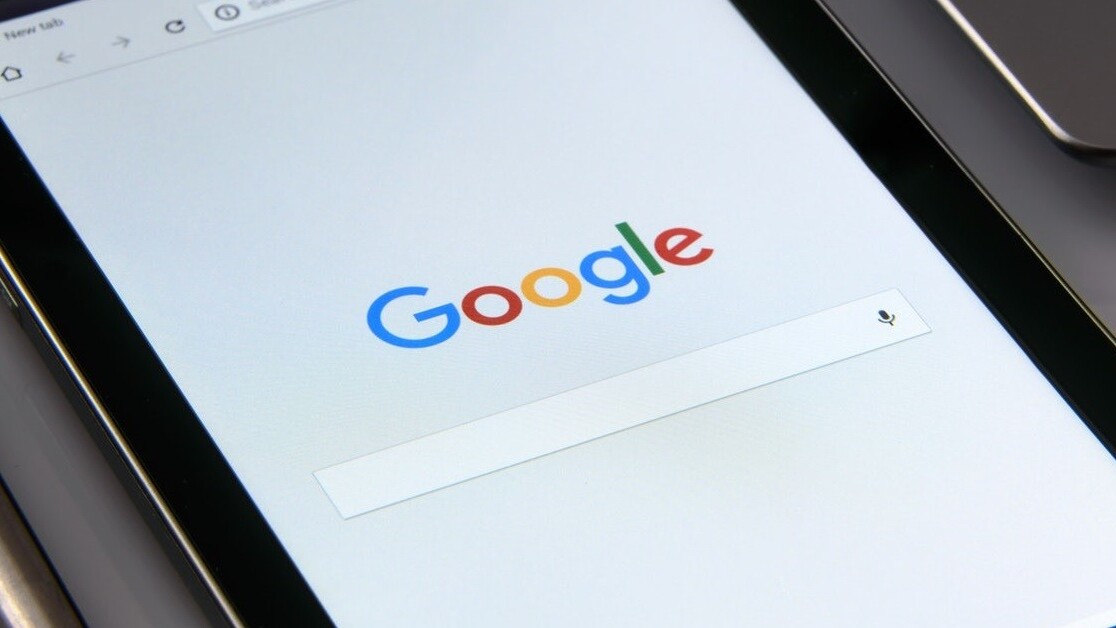
A report from the Wall Street Journal indicates Google is getting into the banking industry — specifically, it’ll soon offer checking accounts.
The project is codenamed Cache (hmm, fitting), and is set to launch sometime next year. The accounts will be managed by Citibank, and a credit union at Stanford. According to Google, Citibank will handle the “financial plumbing.” This feels like bit of a dig at Apple, which claimed its new card — which is backed by Goldman Sachs — was created by a tech company and “not a bank.
Google’s Caesar Sengupta told WSJ the company wants to “partner deeply with banks and the financial system,” and adds, “If we can help more people do more stuff in a digital way online, it’s good for the internet and good for us.”
This is no doubt part of Google’s (and the greater tech complex’s) desire to morph into a one-stop shop for the needs of its average user. With the likes of Facebook now offering a Pay option on all its platforms and the aforementioned Apple Card, the big companies are starting to make real inroads into this aspect of life.
Still, it does raise a familiar bugbear: how much data are we prepared to offer Google? As the WSJ pointed out, your checking account could potentially tell a lot about you. The company insists it wouldn’t sell the data, natch, but it’s still a prospect worth scrutinizing. Even if Google doesn’t explicitly sell the data, there are other nefarious ways it can be used. After all, the Apple Card has just come under scrutiny for apparently sexist credit checks. Just because it’s a familiar tech name doesn’t mean it’ll know how to do financials properly.
But assuming Cache does take off, it could mean a windfall for Citibank. A Google checking account sounds like something that’d appeal to a younger generation, meaning the bank would be more likely to connect to new customers. Banks have a tendency to retain customers for a very long time: JD Power’s 2019 Banking Satisfaction Study showed only 4 percent of consumers switched banks last year, and a 2017 survey by Bankrate shows that the average American adult keeps the same checking account for around 16 years.
Get the TNW newsletter
Get the most important tech news in your inbox each week.




